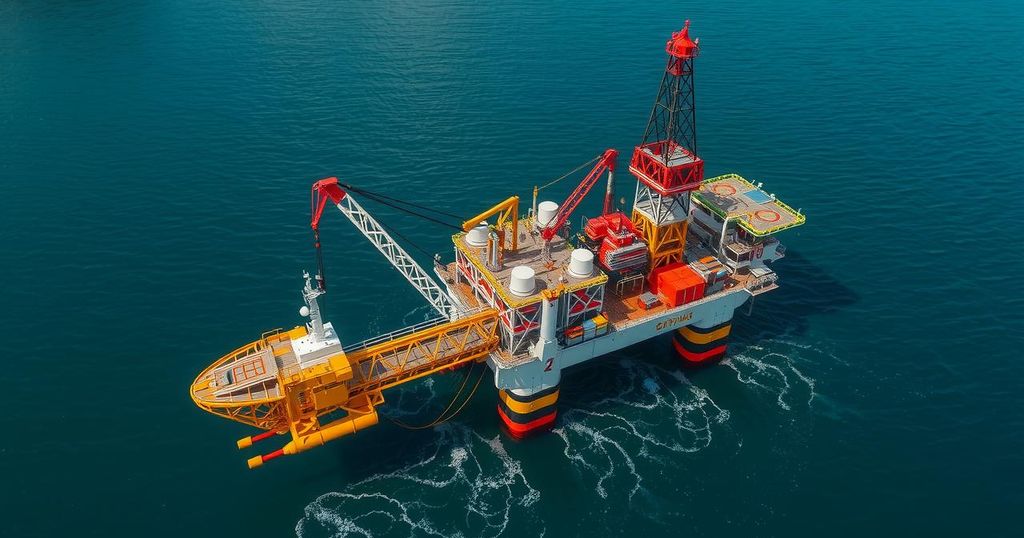Suriname and Guyana: Navigating Climate Adaptation Through Oil Revenue

Suriname and Guyana are grappling with severe climate issues while exploring oil extraction as a means to finance adaptation initiatives. Suriname’s Environment Minister emphasizes the need for support from wealthier nations, while Guyana has undergone rapid economic transformation due to its oil reserves. Both nations are seeking to leverage oil revenues for climate resilience, highlighting the tension between fossil fuel dependency and environmental stewardship.
In the face of extreme climate challenges, Suriname, represented by Environment Minister Marciano Dasai, is navigating the precarious intersection of climate adaptation and oil production. The nation, despite being carbon negative due to its expansive rainforests, is vulnerable to severe climate impacts, such as floods and droughts. During COP29, Dasai expressed the urgent need for financial resources to implement adaptation strategies, as wealthy nations are hesitant to fulfill their monetary commitments to developing countries. Suriname is set to embark on ambitious oil extraction plans under the GranMorgu project, which aims to generate significant revenue while striving for a ‘green development strategy’ that promotes sustainable growth without compromising forest conservation.
Neighboring Guyana is in a similar situation, transitioning from economic hardship to becoming a burgeoning petrostate, primarily due to its vast oil reserves being exploited by ExxonMobil. Mark Bynoe, a respected economist, remarks on the substantial economic shifts Guyana has experienced, demonstrating how oil revenues can empower climate adaptation measures amid rising sea levels and ecological threats. While this reliance on fossil fuels may seem counterintuitive, for these nations, it represents a necessary path to resilience against climate-induced adversities.
Suriname and Guyana, two Caribbean countries, face significant climate challenges alongside potential financial opportunities through oil extraction. Suriname is striving to balance its identity as a carbon-negative nation with the urgent need for funding to adapt to climate change. Similarly, Guyana’s recent oil boom, spurred by multinational corporations, has transformed its economy while presenting new possibilities for financial mobilization to address climate vulnerabilities. Both nations illustrate the complex interplay between natural resource management and climate adaptation in the context of economic development.
Suriname and Guyana exemplify how the quest for climate adaptation funding can lead to the adoption of oil extraction strategies. Both countries face the daunting realities of climate change and require substantial financial investments for adaptation efforts. Through responsible oil exploitation, Suriname and Guyana hope to secure revenues that can be reinvested in critical infrastructure and climate resilience initiatives, thereby navigating a precarious balance between environmental conservation and economic necessity.
Original Source: www.renewablematter.eu






